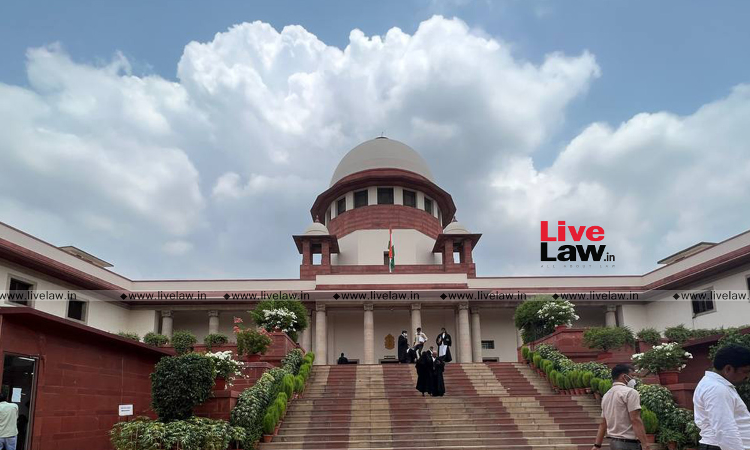
Image Source: livelaw
The Supreme Court of India is facing a significant challenge as its case load approaches a staggering 80,000, pushing the court to its full capacity. The escalating number of pending cases raises concerns about the timely delivery of justice and the efficiency of the judiciary system in the country. With an ever-increasing backlog, the need for reforms and innovative strategies to manage the burgeoning workload has become imperative.
Challenges Faced by the Supreme Court
The mounting number of pending cases not only strains the resources of the Supreme Court but also undermines the fundamental right to speedy justice, as enshrined in the Constitution. The lack of adequate infrastructure, shortage of judges, and cumbersome legal procedures contribute to the slow pace of justice delivery. Furthermore, the complex nature of certain cases requires extensive deliberation, leading to prolonged hearings and delayed judgments, exacerbating the issue.
Efforts to Address the Issue
Recognizing the gravity of the situation, the Supreme Court has initiated several measures to streamline the judicial process. These efforts include the adoption of technology-driven solutions such as e-filing, virtual hearings, and video conferencing to expedite case proceedings. Additionally, the recruitment of more judges and the establishment of specialized benches to handle specific categories of cases aim to alleviate the burden on the court and facilitate swifter resolution of disputes.
Reforms in the Judicial System
Comprehensive reforms in the judicial system are crucial to tackle the mounting backlog and ensure the effective administration of justice. Implementing alternative dispute resolution mechanisms, promoting mediation, and encouraging out-of-court settlements can significantly reduce the influx of cases into the already overburdened courts. Furthermore, simplifying legal procedures, enhancing the efficiency of lower courts, and promoting legal literacy among citizens can contribute to the expeditious disposal of cases and alleviate the strain on the higher judiciary.
Way Forward
Addressing the challenges faced by the Supreme Court demands a concerted and collaborative approach involving the judiciary, legal experts, policymakers, and stakeholders. While technological interventions and procedural reforms can offer short-term relief, a holistic and long-term strategy encompassing systemic overhauls and capacity-building initiatives is essential to ensure the timely delivery of justice and uphold the rule of law in the country. Prioritizing the establishment of specialized courts, investing in modern infrastructure, and enhancing the efficiency of the judicial system are imperative steps towards achieving a robust and accessible justice delivery mechanism in India.